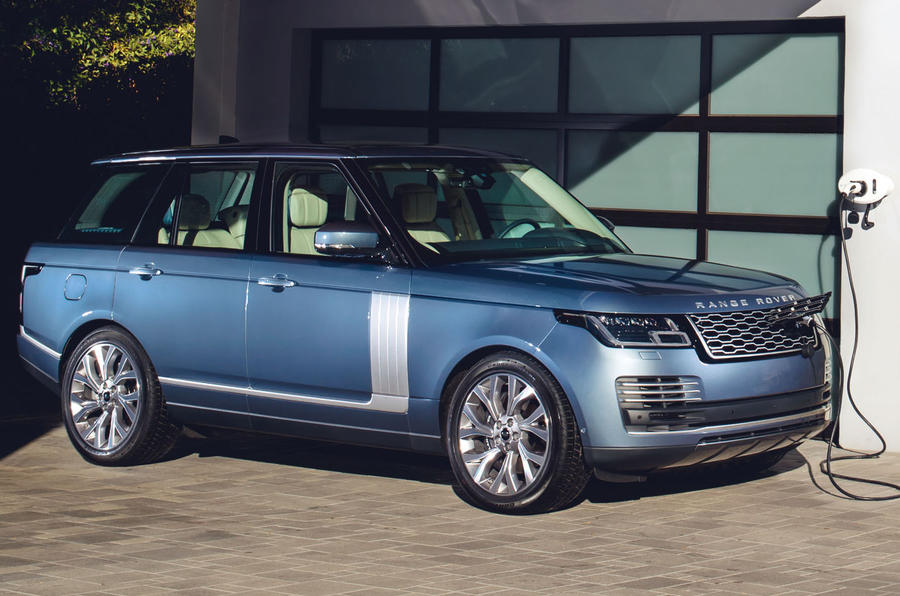Jaguar Land Rover's electric crossover project is certainly an exciting one, and no doubt JLR’s bean counters have been encouraged by the relative success of the Jaguar I-Pace in Europe.
But this remains a vehicle that needs to be made to ensure the brand meets impending emissions targets without incurring hefty fines, rather than being a model that’s likely to give JLR a much-needed volume boost.
What’s more important is the execution of the product, not only so it’s competitive with the ever-growing range of electric SUVs from premium rivals, but also as a demonstration that JLR can still deliver an outstanding, well-engineered car that is unaffected by the brand’s recent financial difficulties.
Land Rover’s engineers must at least attempt to translate some of the I-Pace’s impressive on-road dynamics to a Land Rover EV, and that will no doubt be helped by having a lower centre of gravity than the brand’s other products.
It’s still likely to weigh well in excess of two tonnes, however.
On the flip side, rolling comfort is arguably more important for this model than it is for the Jaguar, and Land Rover customers already have high expectations there.
What’s encouraging is that car makers are embracing the idea that electric motoring is ideal for the luxury segment.
Smoothness, ease of driving and unbeatable mechanical refinement are key to this.
On the other hand, this could be Land Rover’s least outwardly capable off-roader, which may upset some purists.
READ MORE
New Defender makes UK debut at Goodwood Revival





Join the debate
Add your comment
The basics are there
Not all EV's are equal, Porsche Taycan will always be more efficient because of it's a low slung sports car opposed to a high riding SUV family targeted car, it's also at least £23'ishk more and even then I don't think that cheap Taycan will go any further than the IPace.
Same goes for the Telsa Model 3 and S. Both are great cars but both gain plenty of range from having a more aerodynamic shape. The Model X comes in at around £25k more and isn't much more efficient than an IPace, then there's issues with Telsa's reputation to consider and strange controls.
Get the basics right
First and foremost it needs to be a good EV - the real world charging speed and efficiency need to be a big step up from the iPace. Expectations at the top end are being set by Tesla and Porsche and at the moment JLR seem a long way off.
Chandrew, I am not sure what
Chandrew, I am not sure what planet you are on, but really, you say JLR are a long way off, teh i-Pace is a great seller for JLR, meeting its sales targets every month, and beating them most months, the Tesla's are vastly over rated with regards to the distance they are supposed to travel, the Taycan is massively over priced, at the top end, and even the bottom end for a saloon car is very high, the i-pace is priced to compete with similar SUV's NOT saloon cars, and it can easily travel from London to Brussels without stopping on a single charge with a significant amount of range left.You cant do that in the Taycan or Tesla X, plus IMO the Jag is better to look at, and the interior is far superior to both.